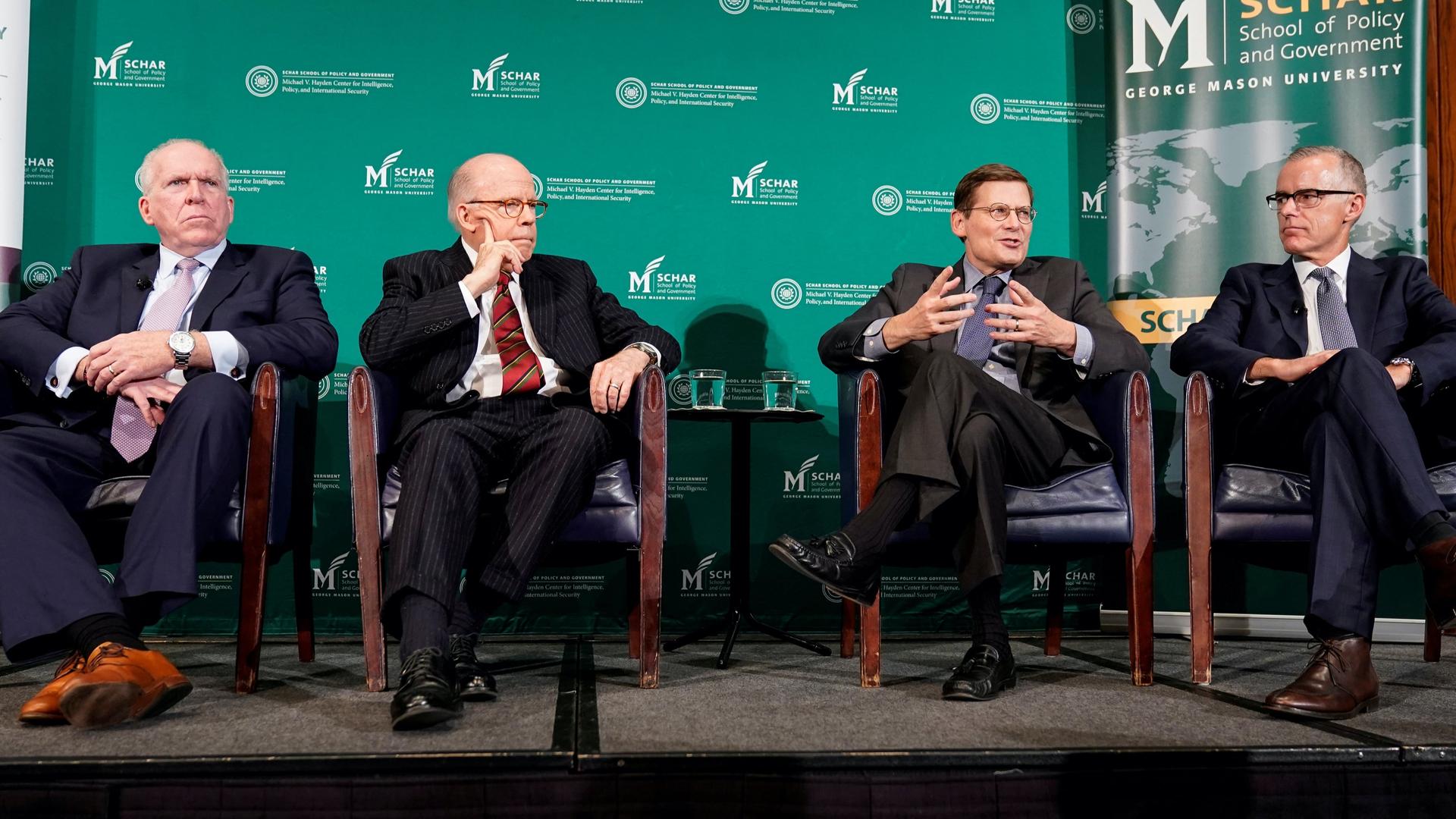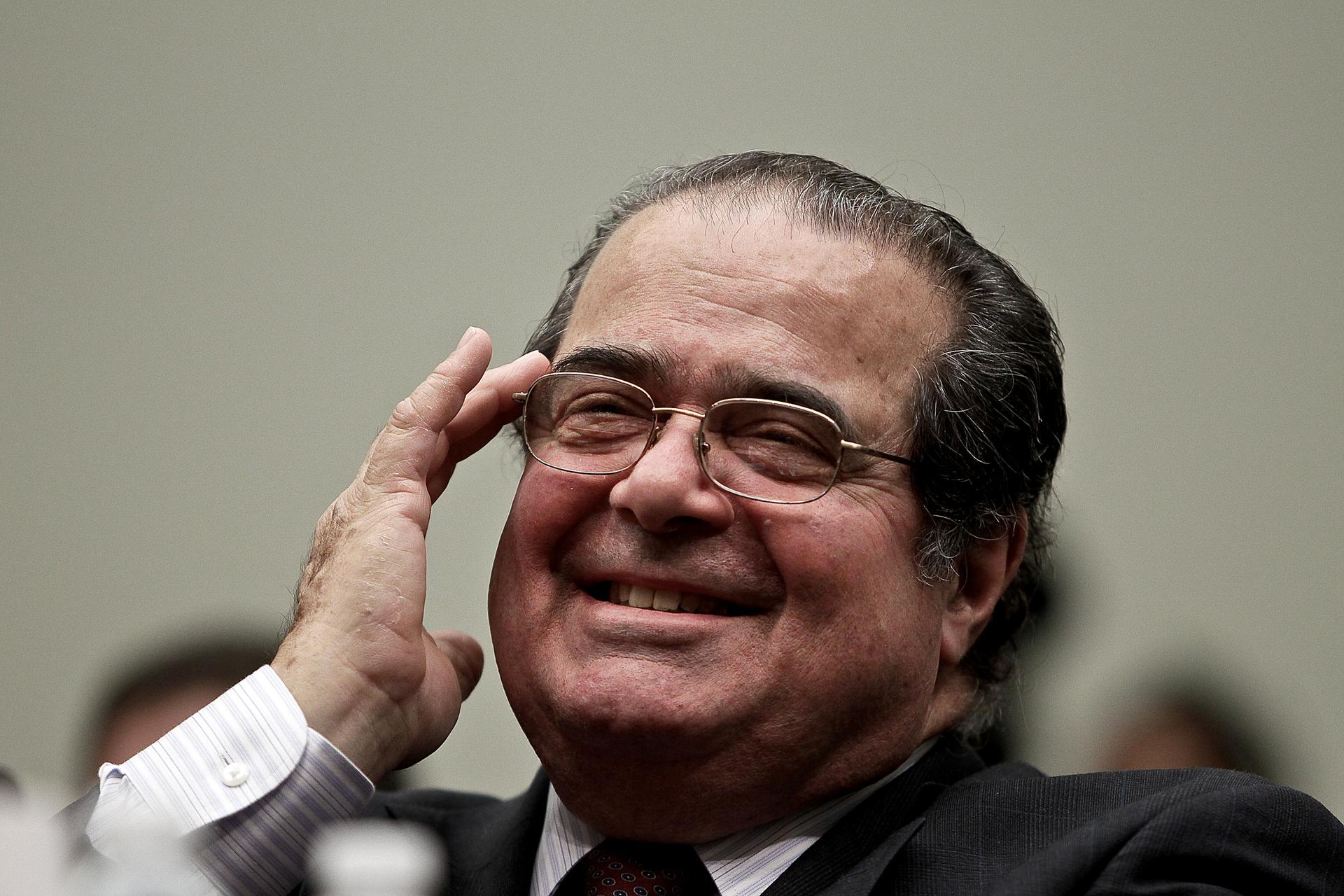Antonin Scalia
U.S. Supreme Court strikes down key provision of Voting Rights Act
The provision of the Voting Rights Act that states which jurisdictions must get federal permission for changes to their voting standards was struck down on Tuesday by a divided Supreme Court. The overall law remains in tact, but will require Congressional action for pre-clearance to happen.
U.S. Supreme Court strikes down Arizona voter citizenship provision
An Arizona law that required the state’s voters to provide proof of citizenship when registering to vote will not stand, now that the U.S. Supreme Court has ruled the bill unconstitutional. What the decision means for three other states with similar laws, as well as other voter restrictions, though, remains to be seen.
Supreme Court grapples with question of whether human genes can be patented
The U.S. Supreme Court is being asked to decide whether a company can be issued a patent for a human gene. The company says it needs the patent to protect the genetic tests its developed; a group of doctprs says human genes are nature in action and should be ineligible for patent protection.
Does Justice Kennedy Hold the Fate of the Health Care Law in His Hands?
After three days of intense oral arguments before the Supreme Court, the fate of the Affordable Care Act remains uncertain. Four of the court’s Democratic-appointed judges are expected to support it, while at least three of the court’s Republican-appointed judges are expected to reject it. That leaves just two votes in question: Justice Antonin Scalia […]


